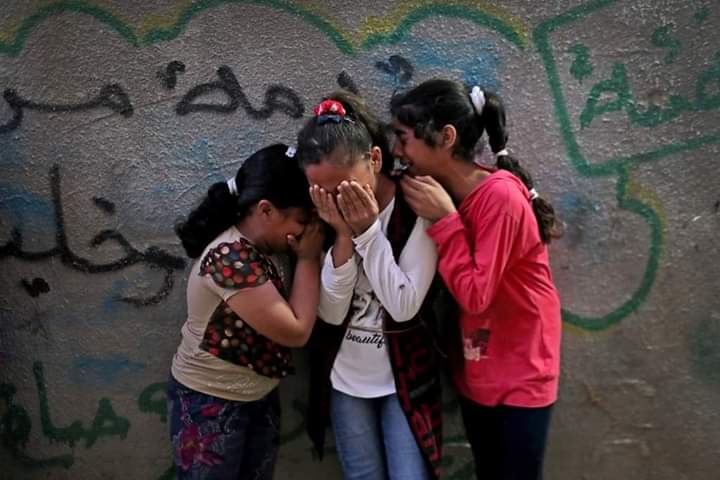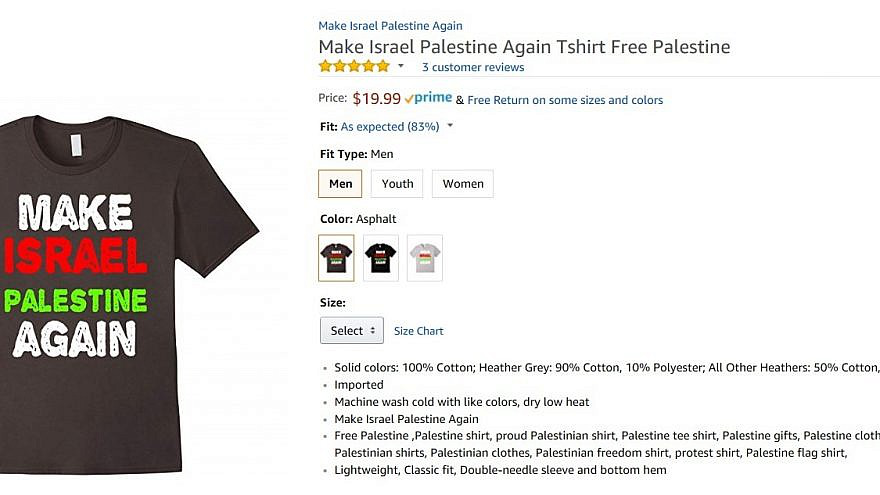Tag: idf
-
Slain Gaza protester: father, husband, brother, and “a Palestinian who dreamed of liberation”
Gazan journalist speaks with Alaa Nizar Hamdan’s wife and family the day after he was shot and killed by Israeli forces in the Great March of Return in Gaza.
-
Amazon, Israel, and the Occupation of Palestine
As Amazon launches operations and deliveries in Israel, the e-commerce giant and its founder Jeff Bezos face increased scrutiny of their close ties with Israeli military, financial, and technology companies involved in the Occupation of Palestine, in addition to accusations of anti-Palestinian bias.


